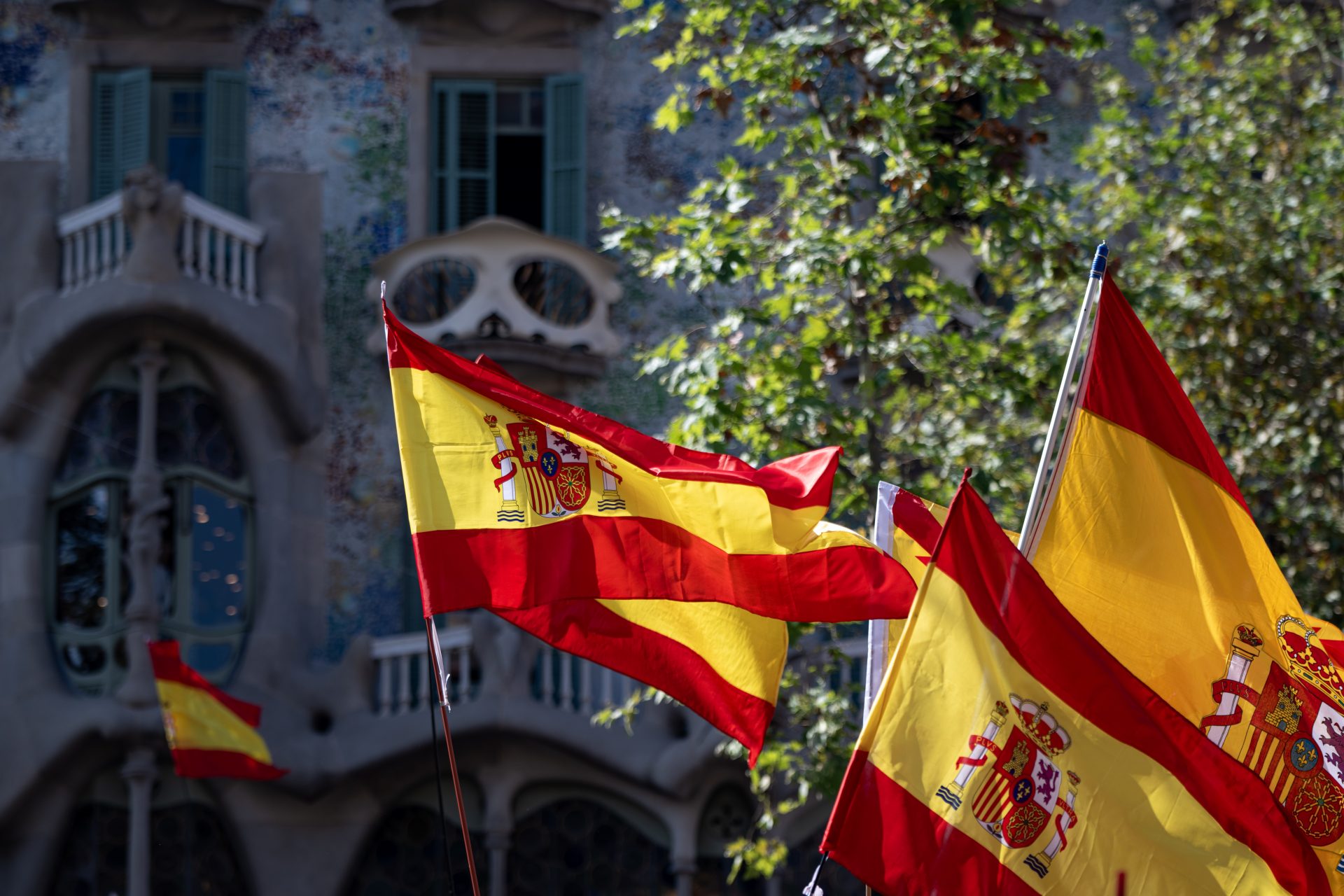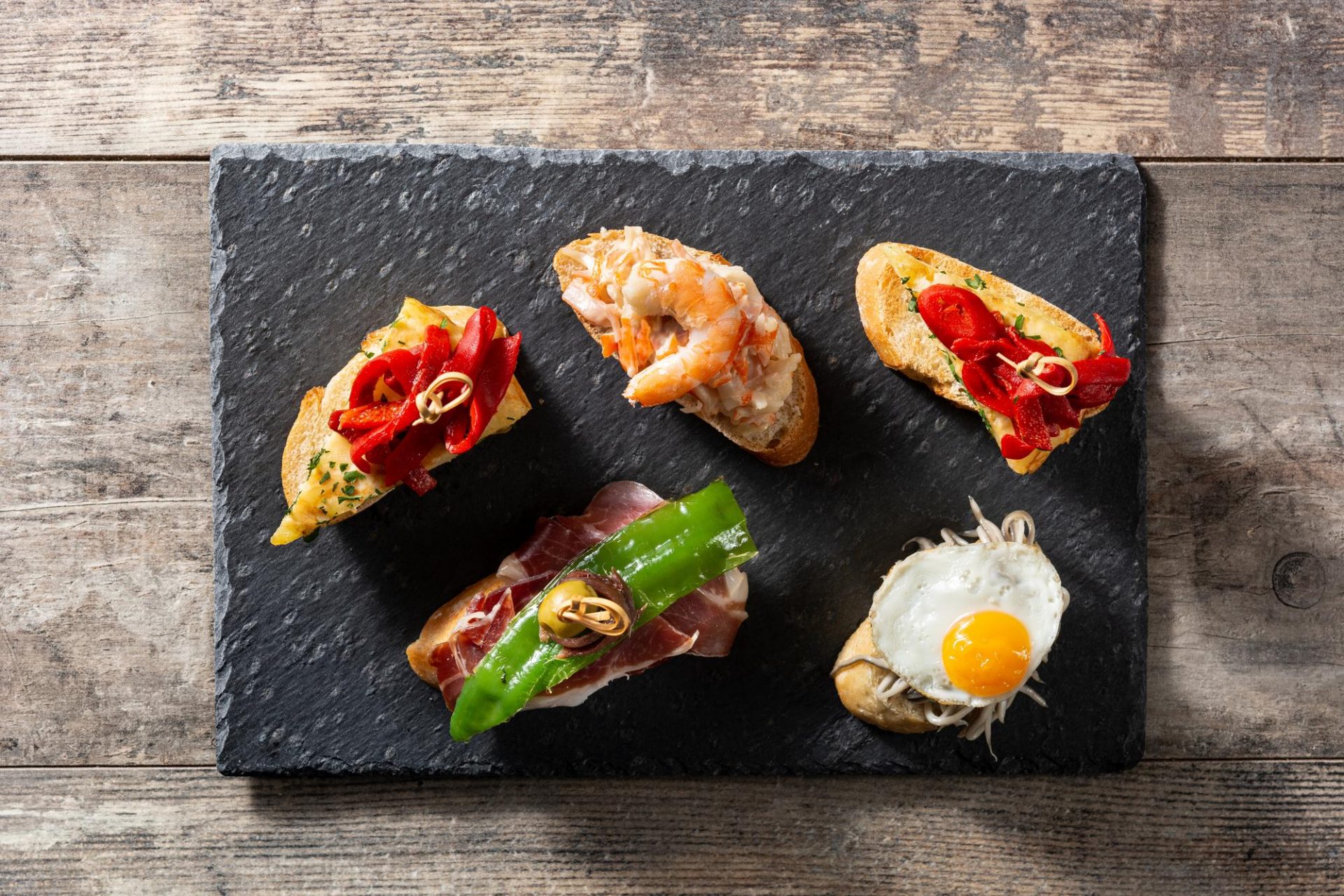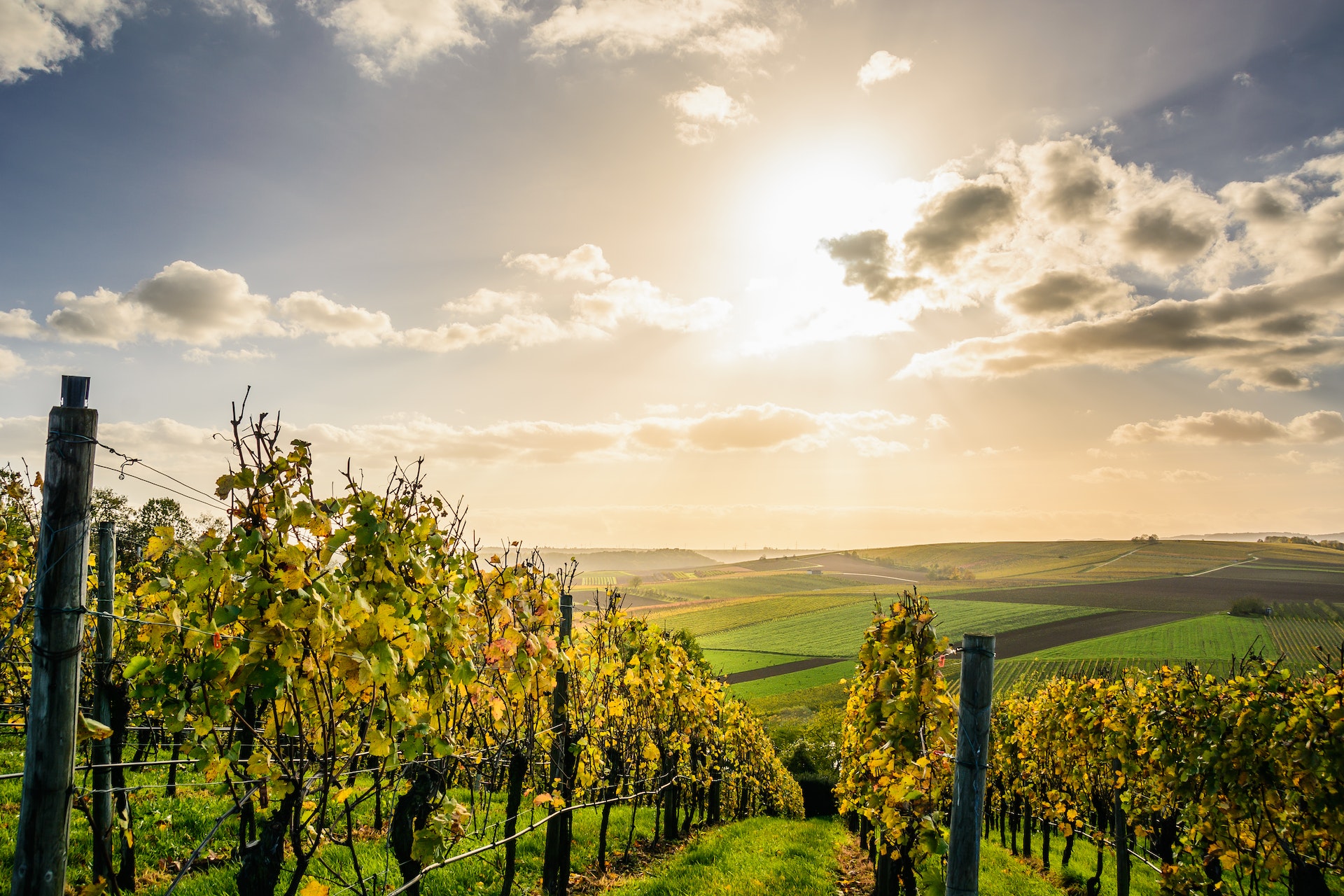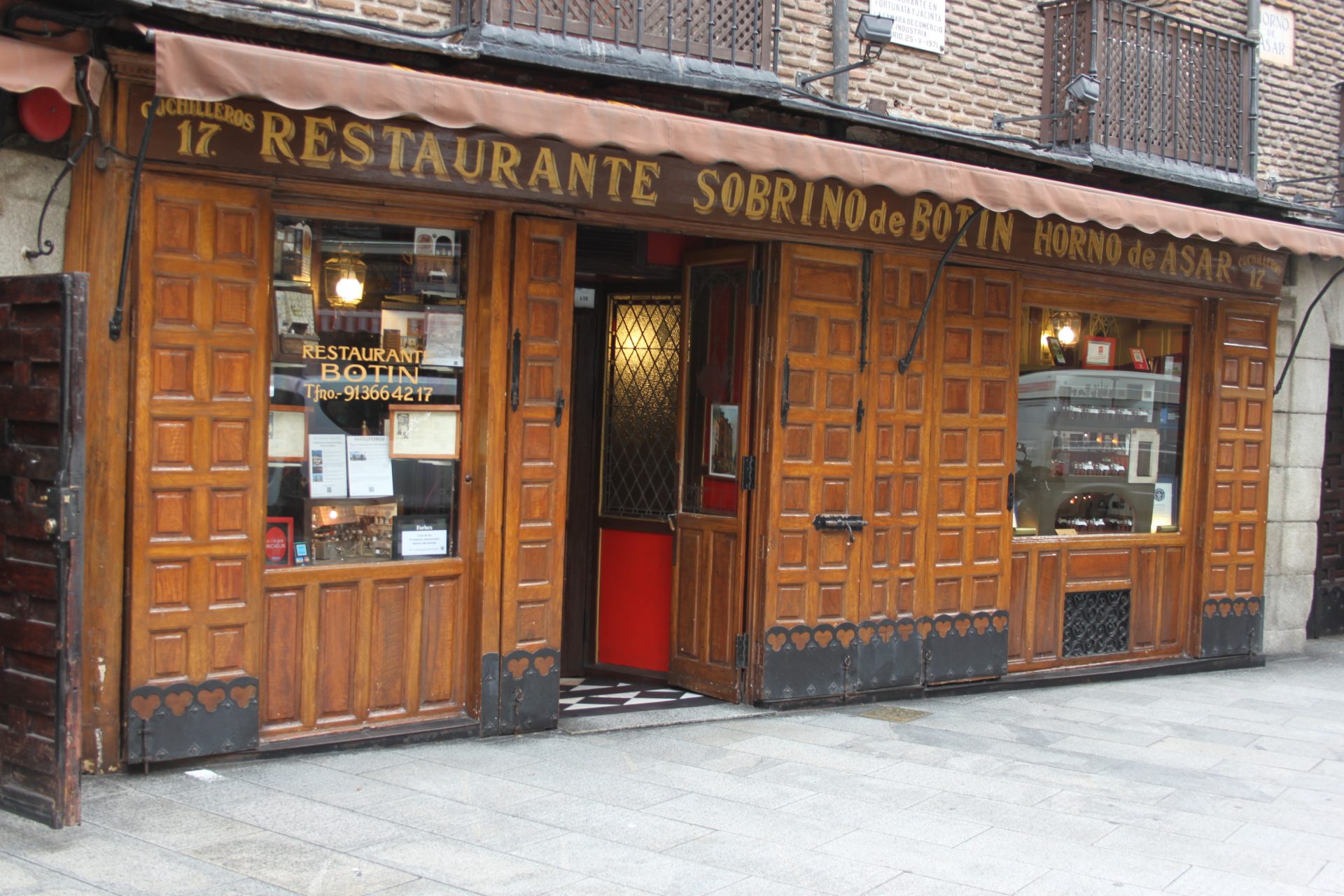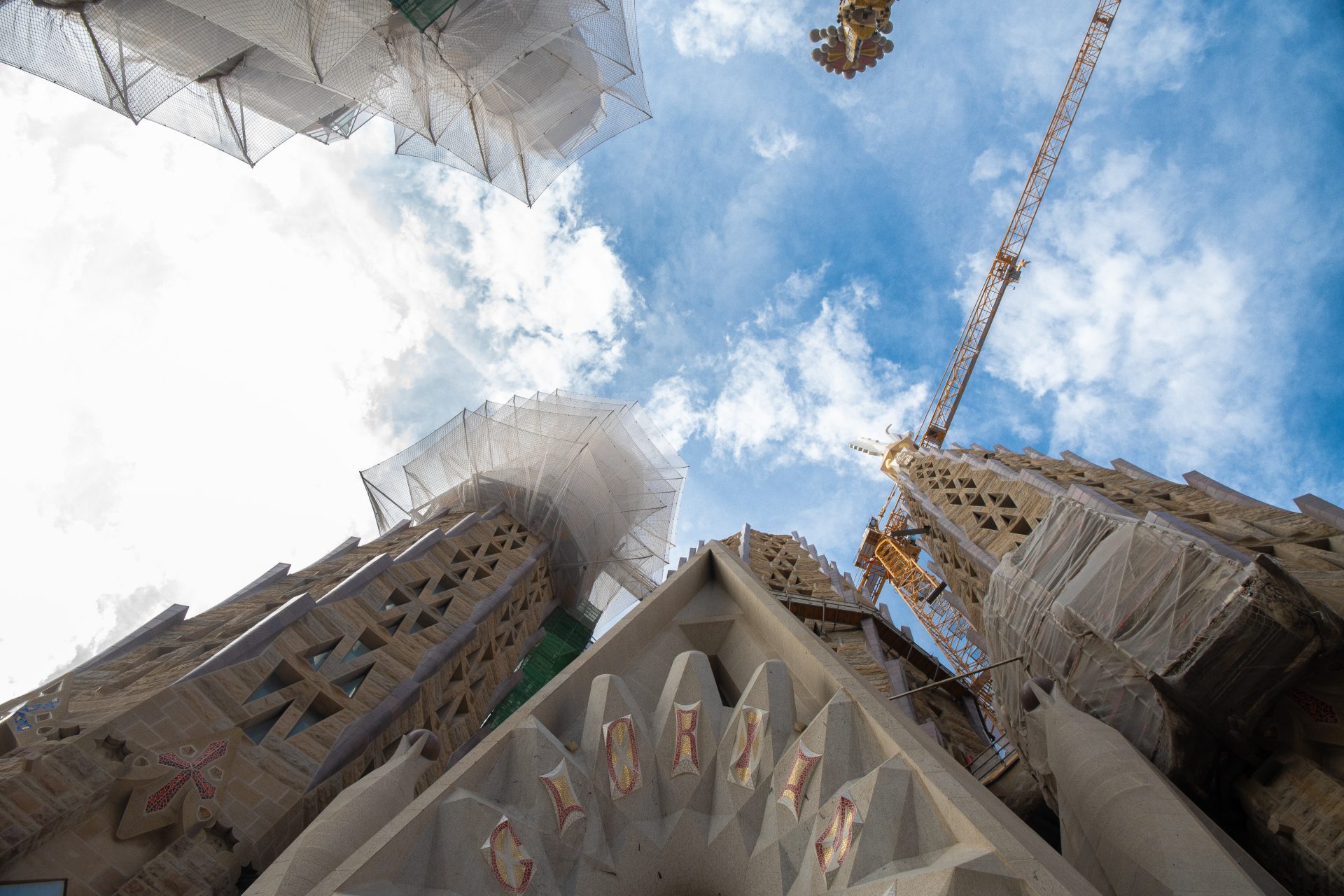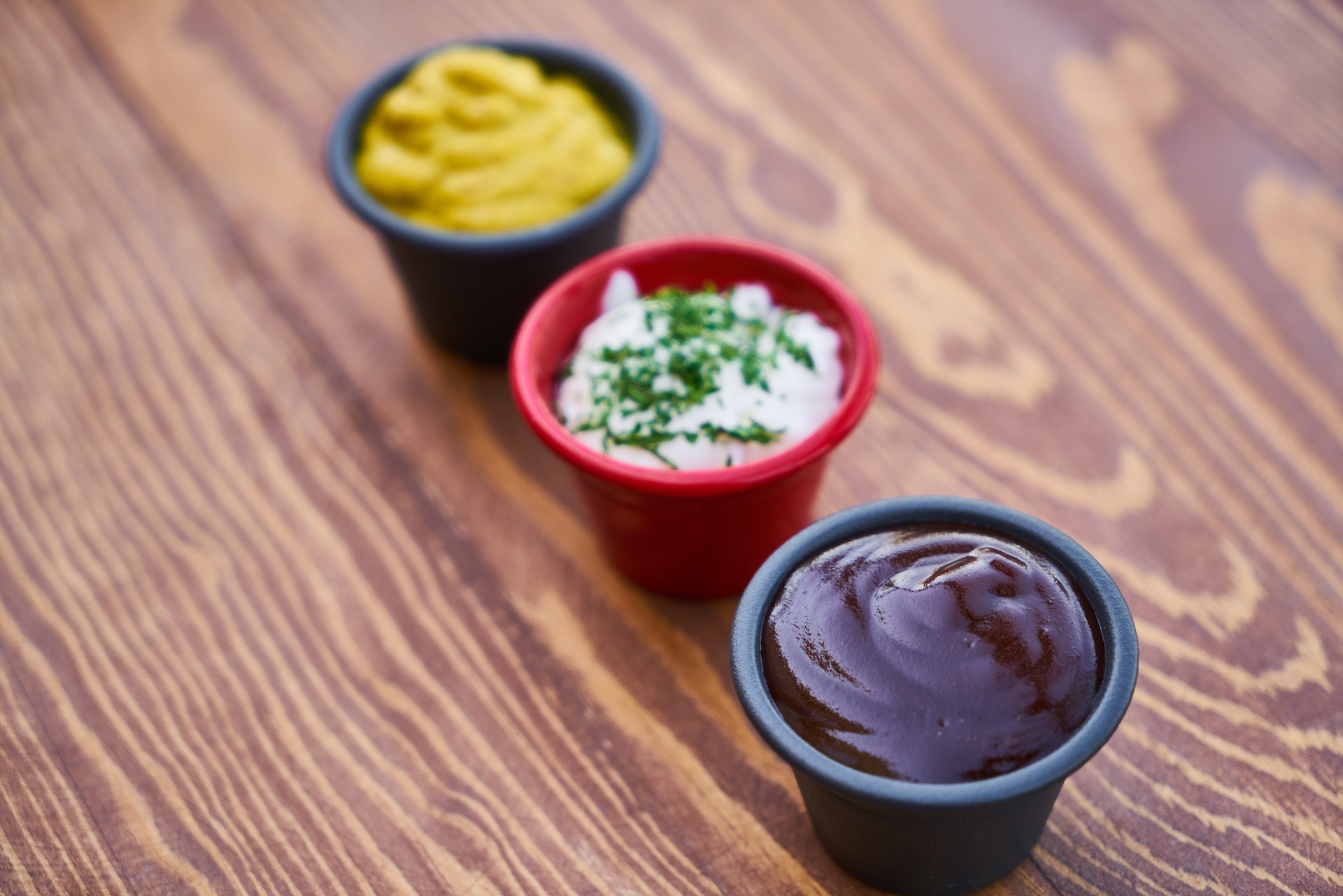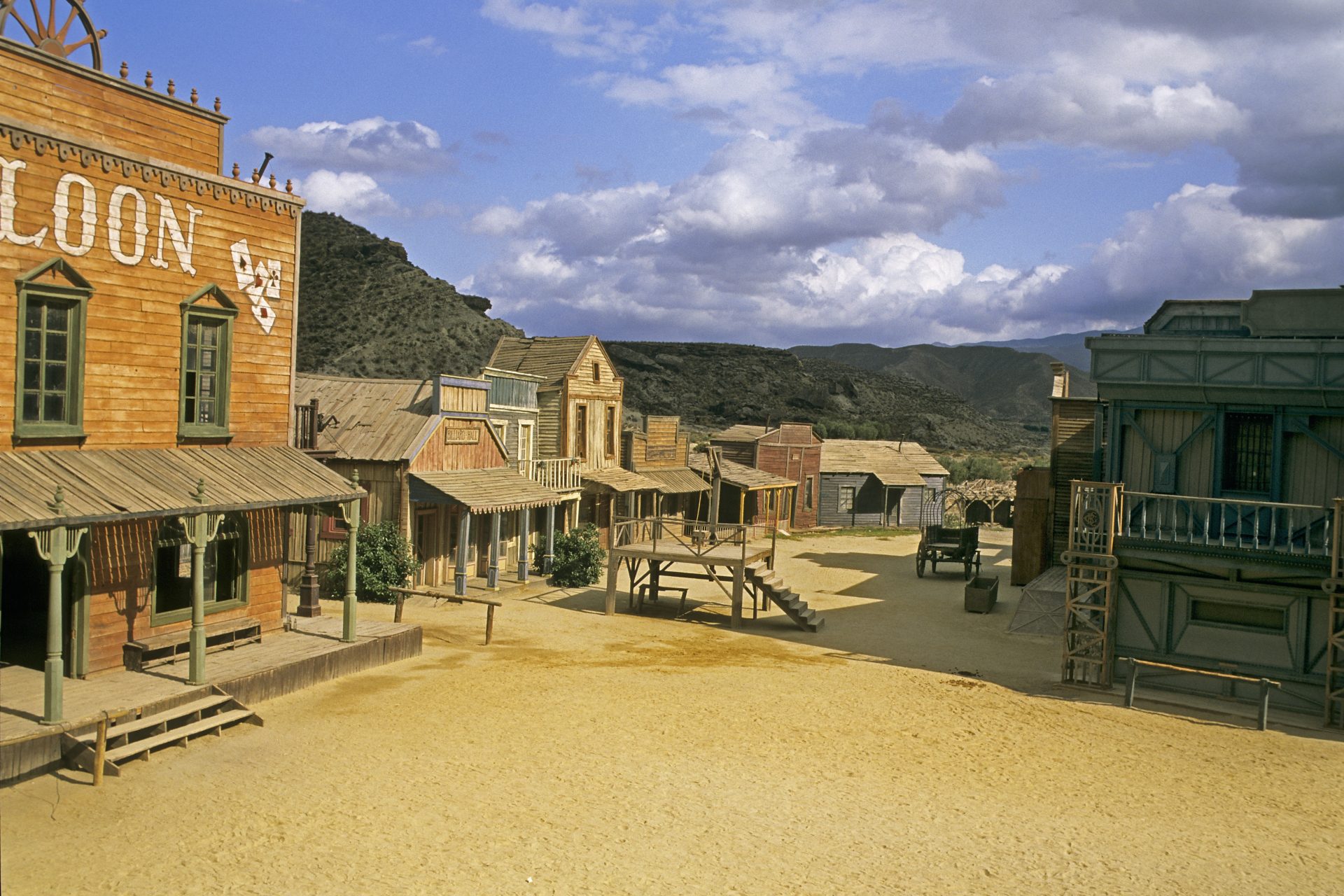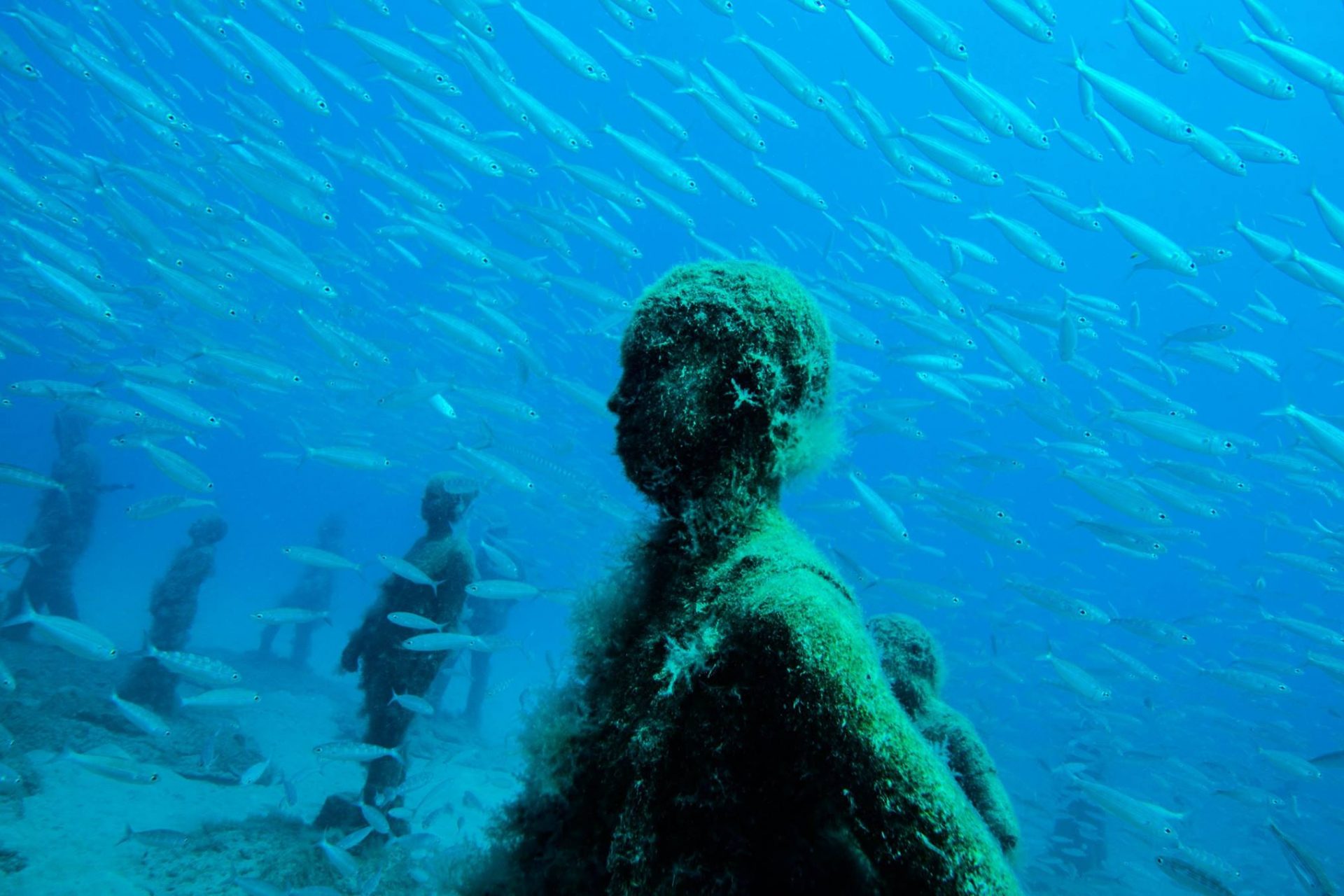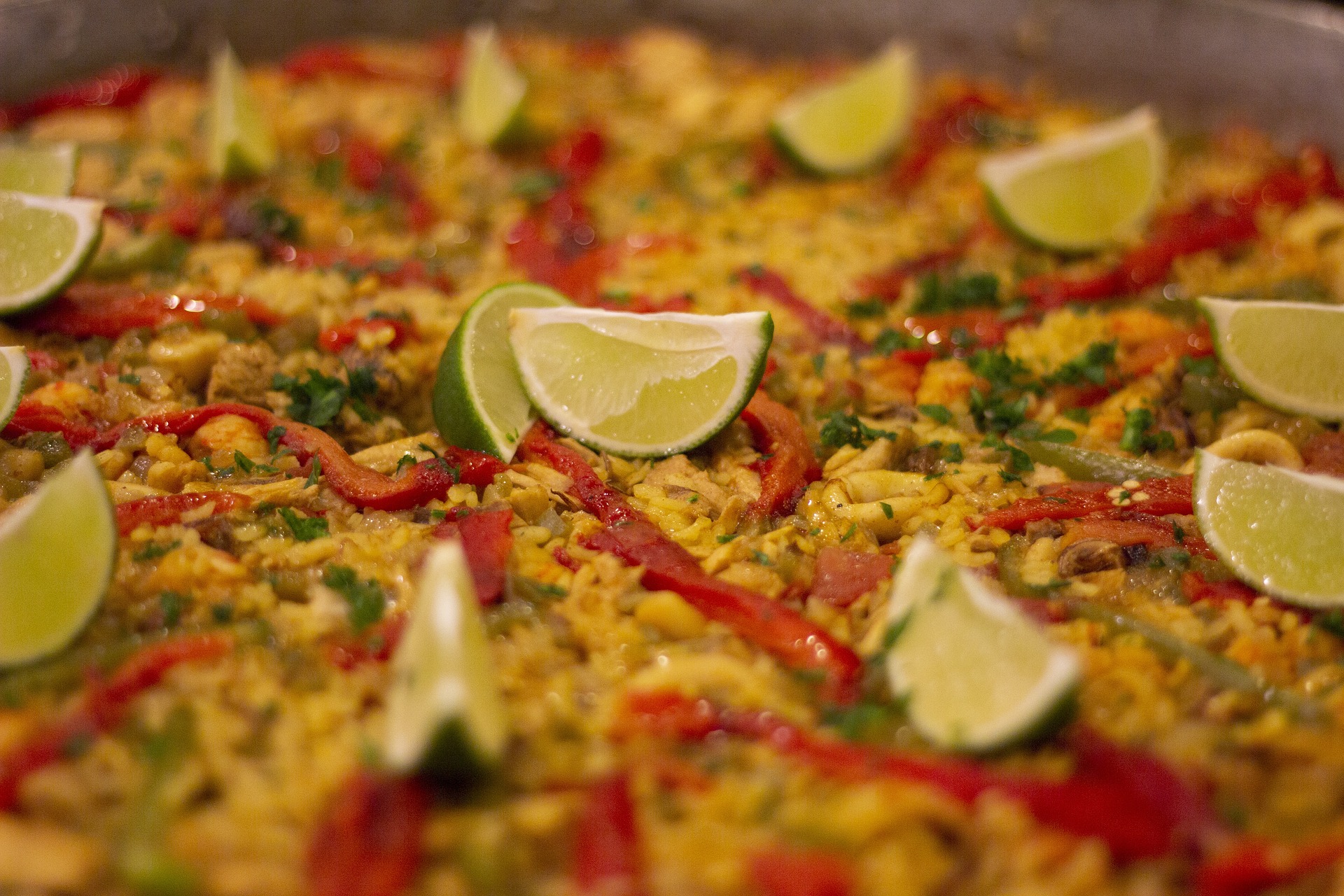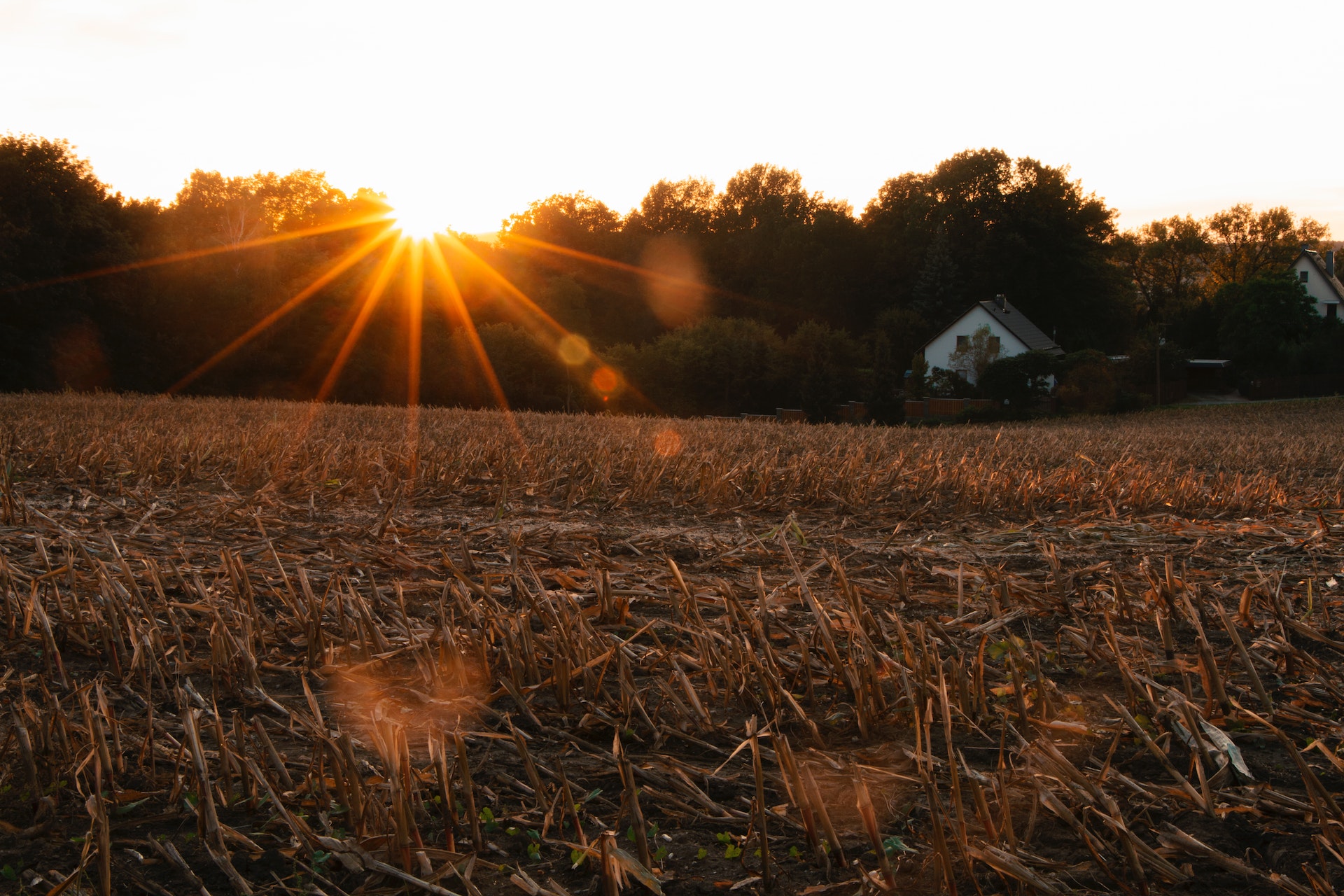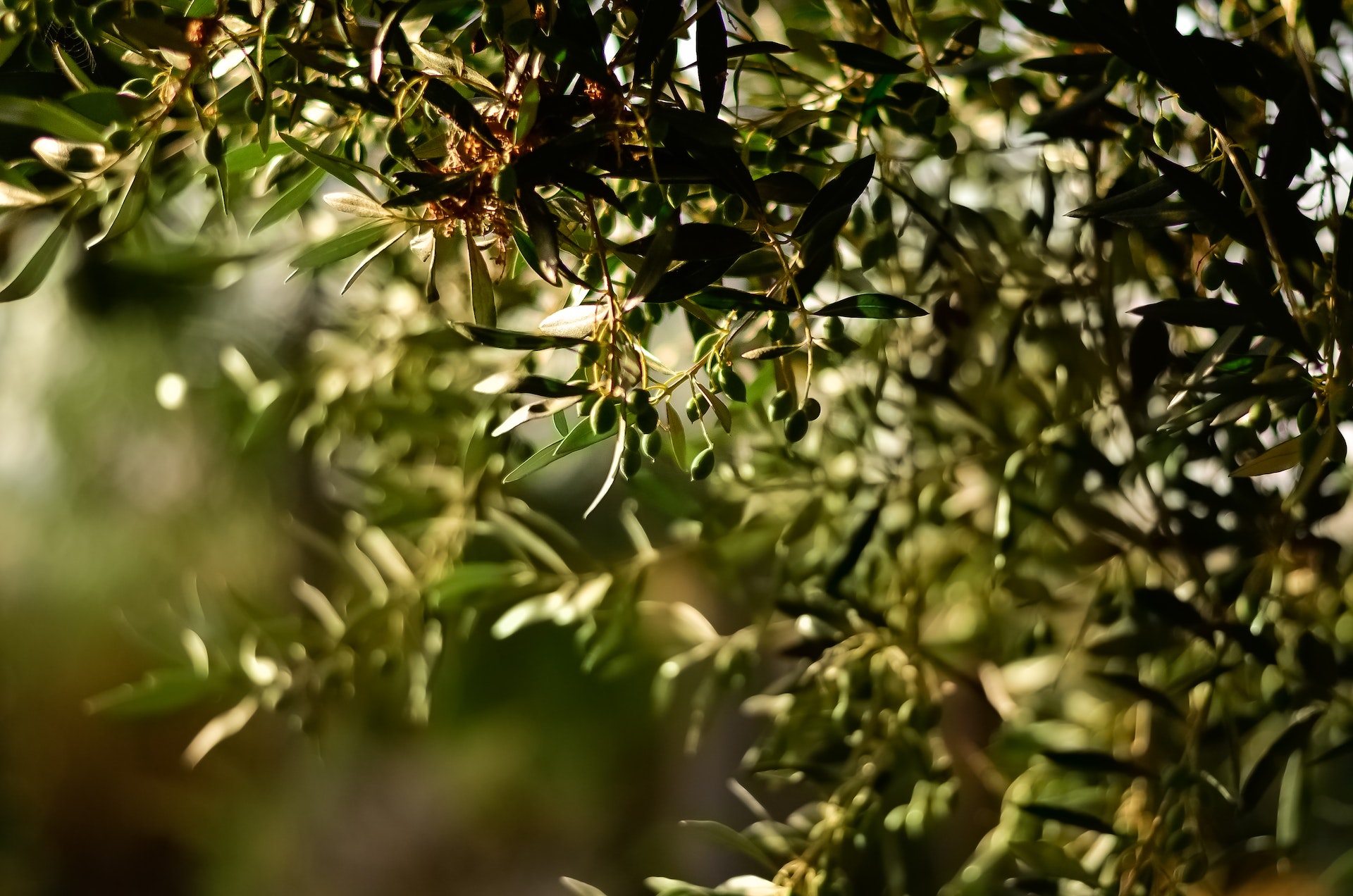Spain is different: 20 fun facts about the country
Spain is different, or at least that's what they say in Spain, in English, when explaining some of the country's quirkier habits. From food customs to weird facts, this country is full of surprises. Read on to see how many of these odd facts you already know!
Everyone agrees that tapas are a national treasure, but their origins are a bit murky. One widely accepted theory is that originally, a slice of bread and a piece of cured meat were placed over a drink to keep bugs out.
Photo: Freepik
With one bar for every 169 residents, Spain boasts the highest bar-per-person ratio in Europe. Walk into one and find it packed? Don't worry, there's likely another just around the corner (or next door).
Photo: Chevanon Photography / Pexels
Spain is the global leader in vineyards, with a staggering 969,000 hectares (2,394,451 acres) under cultivation. Interestingly, countries like China, the U.S., and Italy produce more wine with fewer vineyards.
Photo: David / Pexels
Madrid's Casa Botín, nestled on Cuchilleros Street in the historic Austrias district, is recognized as the world's oldest restaurant. Established in 1725, it's listed in the Guinness World Records and has hosted notable guests like Francisco de Goya, who once worked there as a dishwasher.
Photo: Casa Botín Madrid
Spain is also home to the world's most expensive restaurant, ‘Sublimotion’. Located in Ibiza, the experience is unforgettable — and so is the bill: 1,700 euros per person.
Photo: Sublimotion
The renowned Barcelona cathedral, designed by Antonio Gaudí, broke ground in 1882... and it's still not finished! Completion is slated for 2026. Nonetheless, it's one of the most visited tourist attractions globally.
The tradition of eating 12 grapes on New Year's Eve during the countdown began in 1909 after a bountiful harvest resulted in a surplus. The ritual quickly turned to tradition, with folklore saying it brought good luck – though, of course, outcomes may vary.
Photo: Bruno Scamgnon / Pexels
The Spanish guitar, the mop, the Chupa Chups lollipop, the calculator, the submarine, and the epidural anesthesia are all notable inventions from Spain. But perhaps the most significant of all? Mayonnaise.
Photo: Engin Akyurt / Pexels
The Tabernas Desert in Almería is Europe's sole desert. Spanning 280 hectares, this natural landscape served as the backdrop for legendary westerns filmed in the '60s, '70s, and '80s.
Nestled beneath the waters off Lanzarote's southern coast is the Atlántico Museum, a collection of submerged sculptures. In 2016, it made waves as the only underwater museum in Europe.
Photo: Dive College Lanzarote
While many view paella as emblematic of Spain, to the Spanish, it's distinctly Valencian, much like the cocido is tied to Madrid. So, what is the true national dish? Tortilla de patatas, croquetas, jamon... It's a tough choice.
Photo: Freepik
Under King Philip II's reign, the Kingdom of Spain reached its zenith, wielding influence over territories on all five continents to the point where the sun never set on the empire.
Photo: Zhanzat Mamytova / Pexels
Nearly half of the world's olive oil production originates in Spain, exporting its golden stamp of quality globally. However, in recent years a drought has hit many of the producing areas and is driving up prices around the globe.
Photo: Julia Sakelli / Pexels
Spain's schedule is roughly two hours behind the rest of Europe. In fact, Spain's afternoon snack time aligns with Europe's dinner time. Why? As they say, Spain is different.
Photo: Kampus Production / Pexels
It's not unusual for someone to greet you with "good morning" (buenos dias) at 1:00 PM, for siestas to stretch until 5:00 PM, or for dinner to commence at 10:00 PM.
Photo: Andrea Piacquadio / Pexels
Speaking of weird times, Spain sits below the UK but its time zone is aligned with Germany.. way to the East. Why? Well, former dictator Francisco Franco (shown) decided to adopt the same timezone as Germany as a sign of solidarity with his ally Adolf Hitler.
Another strange remnant from the Franco regime is that Spain is one of the few countries with a national anthem that has no words. The lyrics were dropped when Spain transitioned to democracy. Today, Spaniards usually just "na-na-na" along to the tune.
Spain is famous for its bizarre festivals including La Tomatina, where people throw literally tonnes of tomatoes at each other. But other festivals involve throwing wine as well.
Using La Palma as a reference, the Canary Islands are closer to Africa at 445 km away than to Spain at 1,100 km. Maps can be misleading.
Photo: Lukas / Pexels
Spain may be modern (or something like that), but when it comes to names, the classics prevail: Antonio and María Carmen are the most common names throughout the country.
Photo: Andrea Piacquadio / Pexels
Follow Showbizz Daily to stay informed and enjoy more content!

